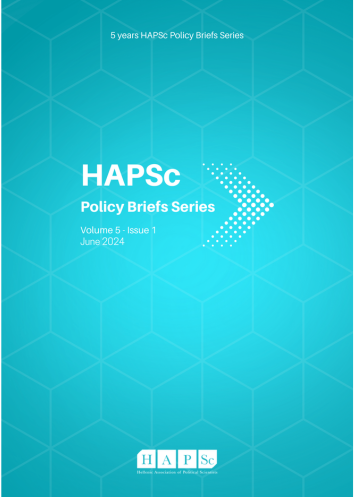The Role of the G20 Countries in Embedding Climate Literacy in Education: From Knowing to Doing
Аннотация
Embedding climate literacy in education is a critical enabler in empowering the next generation of learners to achieve the United Nations Sustainable Development Goals (SDGs). An integrated approach across formal education curricula can drive behavioural change in individuals and accelerate the transition towards sustainable consumption. Initiatives such as the 'Greening Educational Partnership' by the United Nations Educational, Scientific and Cultural Organization (UNESCO), bring together key stakeholders across the globe to tackle the challenge of climate change. Nevertheless, considerable variation exists between nations in providing and accessing high-quality education that equips individuals with the relevant knowledge and skills to contribute. If SDG targets are to be met by 2030, educators and learners across the world must be prepared to work towards a sustainable future. Actions taken by the influential Group of Twenty Countries (G20), which contributes about two-thirds of the world population, can be a game changer in this direction. This policy brief focuses on the G20 and offers recommendations including developing 'sustainable' behaviours, teaching skills to support 'green' jobs of the future and offering authentic learning experiences through an integrated approach towards sustainable education across all levels of study.
Article Details
- Как цитировать
-
Puri, R., Ghosh, A., & Ketkar, S. (2024). The Role of the G20 Countries in Embedding Climate Literacy in Education: From Knowing to Doing. HAPSc Policy Briefs Series, 5(1), 104–112. https://doi.org/10.12681/hapscpbs.38975
- Раздел
- Articles

Это произведение доступно по лицензии Creative Commons «Attribution» («Атрибуция») 4.0 Всемирная.
Authors retain copyright and grant the journal right of first publication with the work simultaneously licensed under a Creative Commons Attribution License that allows others to share the work with an acknowledgement of the work's authorship and initial publication in this journal.


